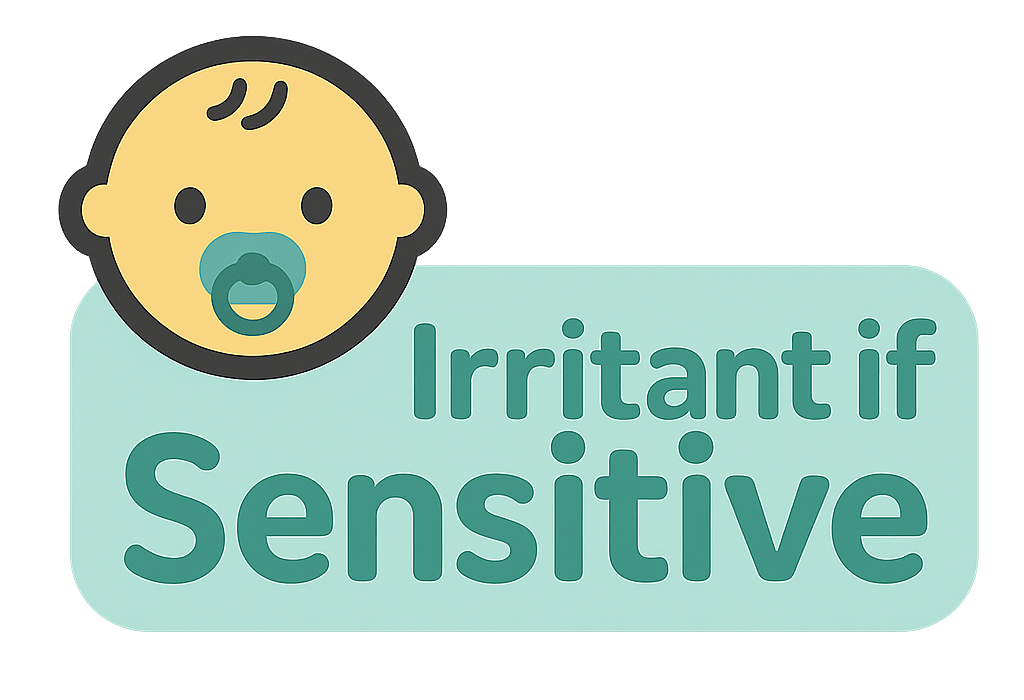Propylene Glycol

6-12 month old babies • Consumable product
Check for Different Age (6 available)
Can older babies eat Propylene Glycol?
Detailed Analysis
Are you holding the product?
Scan the full ingredient label and understand if it's safe for your child.
Safety Risk Labels
This ingredient has the following documented risks:




Tap or hover over labels to see detailed risk information.
Alternative Names for Propylene Glycol
This ingredient may also be listed as:
Always check ingredient labels carefully, as ingredients may be listed under different names.
Research Articles on Propylene Glycol
Scientific research related to this ingredient:
These research articles provide scientific evidence about Propylene Glycol safety and effects.
Common Questions About Propylene Glycol
Can older babies safely eat Propylene Glycol?
Propylene Glycol is not recommended for 6-12 month old babies due to potential safety risks.
What are the irritant risks of Propylene Glycol for older babies?
Can cause skin redness, itchiness, or rashes—especially on sensitive baby skin. This is especially important for babies whose skin and systems are still developing.
What are the eczema risks of Propylene Glycol for older babies?
Linked to triggering or worsening eczema and similar skin conditions. This is especially important for babies whose skin and systems are still developing.
What are the absorbed risks of Propylene Glycol for older babies?
Can be absorbed through the skin and get into the bloodstream. This is especially important for babies whose skin and systems are still developing.
What are the organ risk risks of Propylene Glycol for older babies?
May harm organs like liver, kidneys, or lungs with repeated use. This is especially important for babies whose skin and systems are still developing.
What products contain Propylene Glycol?
Propylene Glycol is commonly found in food products, dietary supplements, and consumable items. Always check ingredient labels before use.
Is this appropriate for older babies to eating products with Propylene Glycol?
The appropriate age depends on the specific ingredient properties and concentration. This analysis is for 6-12 month old babies. Use the age selector above to check other ages.
Want to scan another product?
Use our camera scanner to analyze more ingredient labels
Scan Another Product